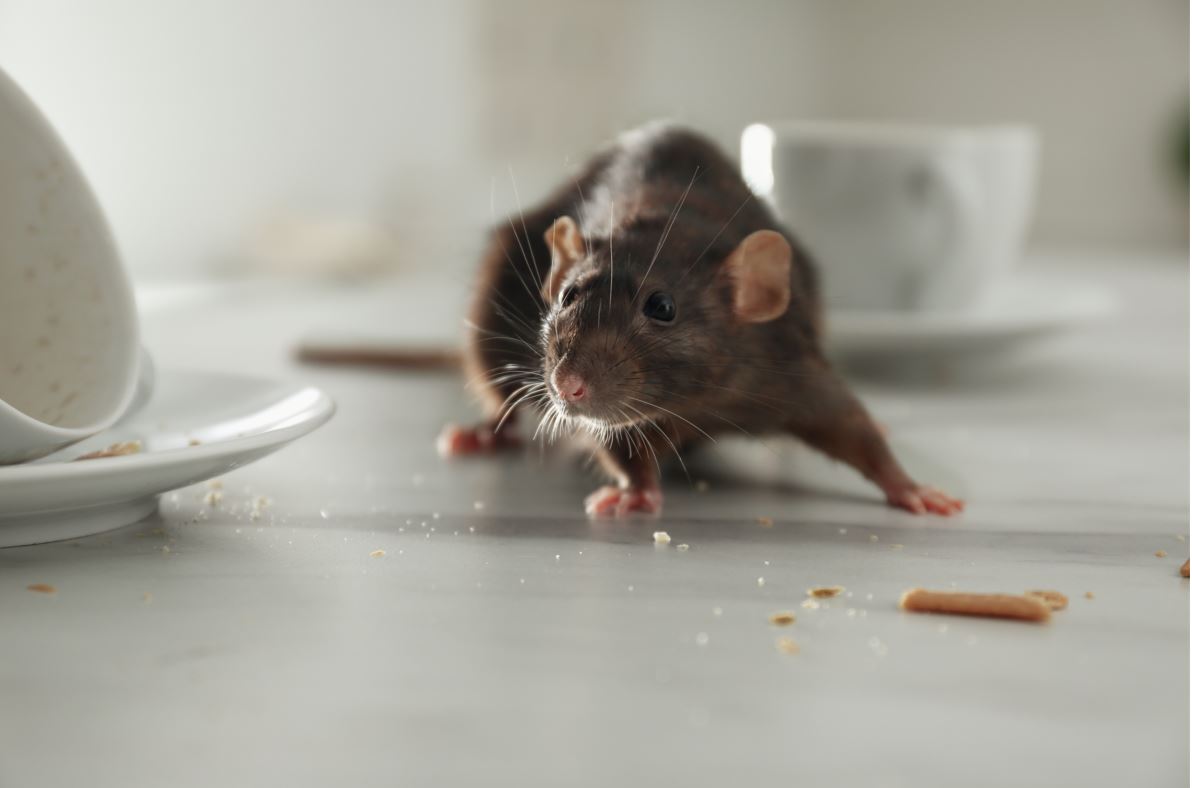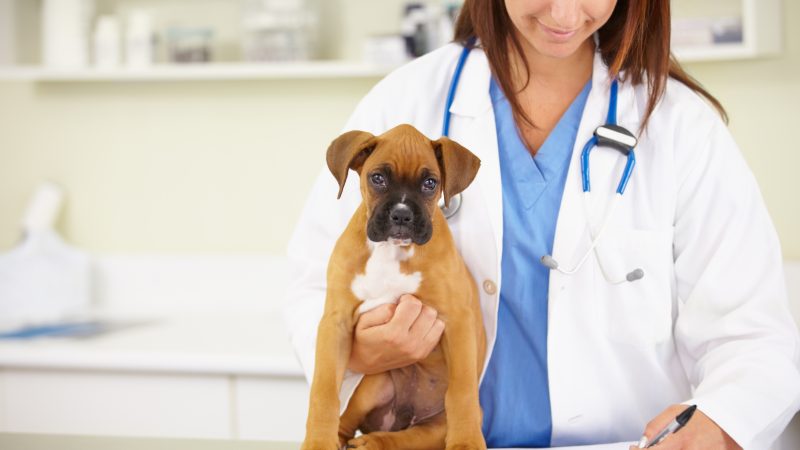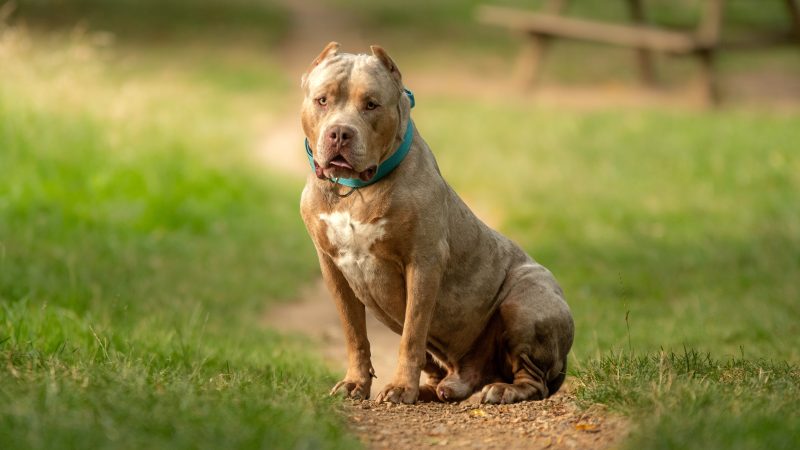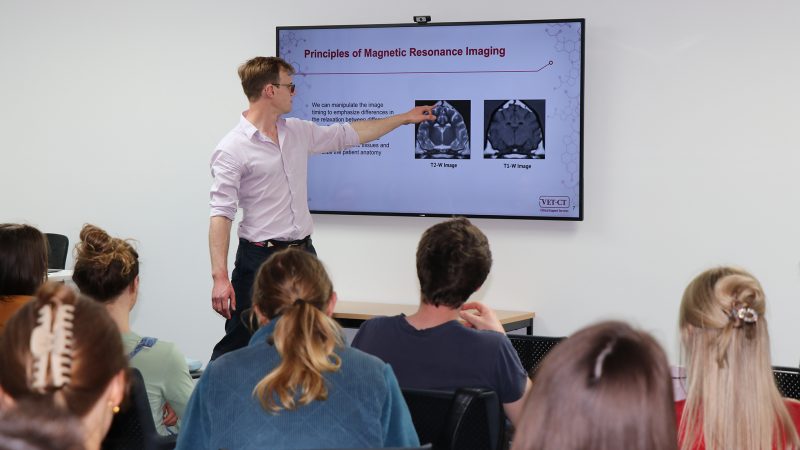New study flags least humane methods of rat control

A new study has found that glue traps and anticoagulant poisoning are amongst the worst methods of rodent management when it comes to their impact on rat welfare.
The research, part funded by BVA’s charity Animal Welfare Foundation and led by the University of Oxford, said that where possible, any suffering should be minimised in rat control.
Glue traps and anticoagulant poisoning are amongst the worst methods of rodent management when it comes rat welfare, one catching the rate in a layer of extremely strong glue, and the other interfering with blood clotting and killing the rodents through haemorrhaging.
The main outcomes of the study showed:
- Glue trapping and the three baiting methods (anticoagulant poisoning, cholecalciferol poisoning and non-toxic cellulose baiting) all produced high welfare impacts and should be considered as last resorts from a welfare perspective.
- In comparison, cage trapping, followed by concussive killing, scored lower welfare impacts.
- The impact of snap trapping was highly variable, depending on the traps used, but high-quality snap traps could help produce the lowest impact, and therefore, the best welfare outcome, if used appropriately.
The research comes as the proposed Glue Traps (Offences) Bill may restrict the use of these devices in England if it passes into law. Similar restrictions are being considered in Scotland and Wales.
Dr Sandra Baker, lead author of the paper and Research Fellow at the University of Oxford, said: “Rat management may represent the greatest source of anthropogenic impact on wild animal welfare. Our findings will help professional pest controllers and members of the public to reduce this impact by better incorporating consideration of animal welfare alongside other factors when choosing a rat control method”.
The full paper is available here.
For general advice and guidance on preventative actions as well as humane management of rat or mouse infestations, visit UFAW’s webpage: www.ufaw.org.uk/rodentcontrol







